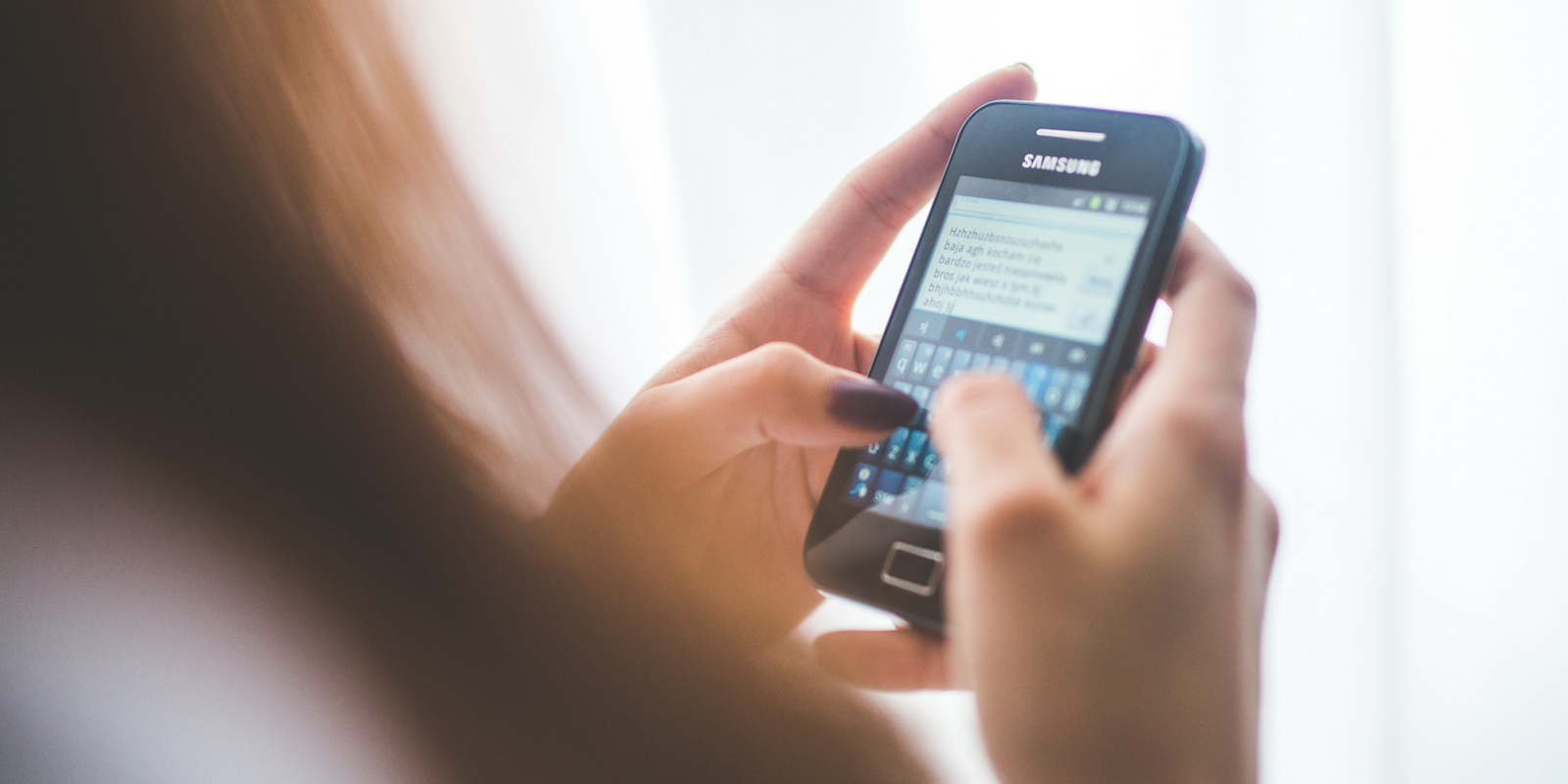After droves of women steered clear of Twitter on Friday to boycott the platform’s misplaced, or often unimplemented, harassment precautions, the social media site listened. On Friday night, Twitter‘s Jack Dorsey announced “new rules” that will be implemented in the “next few weeks.”
“Today we saw voices silencing themselves and voices speaking out because we’re *still* not doing enough. We’re been working intensely over the past few months and focused today on making some critical decisions,” Dorsey tweeted.
As part of those decisions, Dorsey said Twitter is taking a more aggressive stance in enforcing anti-harassment policies. To do this, an anticipated set of new rules will address unwanted sexual advances, nonconsensual nudity, hate symbols, “violent groups,” and tweets that “glorifies [sic] violence.”
3/ In 2017 we made it our top priority and made a lot of progress.
— jack (@jack) October 14, 2017
6/ We decided to take a more aggressive stance in our rules and how we enforce them.
— jack (@jack) October 14, 2017
The company’s swift response is a culmination of years of critique that it doesn’t do enough to protect users from targeted harassment, including racism, hateful language, and doxxing. In 2016, Twitter rolled out several layers of tools designed to address both targeted harassment and unwanted content, from quality and keyword-muting filters to limiting interaction to followers only.
However, what leeway the social network appeared to be making with targeted users and critics was all but stripped from the company on Wednesday, when Twitter restricted Rose McGowan’s access to her account for 12 hours after she tweeted out a private phone number, subsequently violating the company’s terms of service.
To many, Twitter’s censorship of a woman speaking out against alleged predator and assailant Harvey Weinstein came across as hypocritical and infuriating, seeing as the company has allowed the social media profiles of white supremacists and alt-right leaders to remain active. Other women came forward on the website to share their stories of harassment on the site, several reporting that Twitter failed to restrict or block harassers who shared their own personal information on the platform.
In response, some women launched a protest with the hashtag #WomenBoycottTwitter, while others raised hell on the site to elevate their own stories of harassment—both related to Twitter and Weinstein—and shared their achievements and the achievements of others using hashtags such as #WOCAffirmation and #AmplifyWomen.
Despite Dorsey’s seemingly genuine attempt to appeal to women affected by Twitter harassment, the announcement has so far been met with skepticism, respondents critical of the company’s longstanding inaction, and the potential unintended impact the new rules will have on the wrong people.
know policing social networks is hard but it’s *staggering* that Twitter is just forming new rules on these categories more than 11 years in https://t.co/VlnzMC12c1
— Charlie Warzel (@cwarzel) October 14, 2017
I look forward to more joke accounts being banned for threatening to bonk people with giant cartoon hammers https://t.co/rkDzbGVV1t
— pixelatedboat aka “mr tweets” (@pixelatedboat) October 14, 2017
Smh. This is gonna target sex workers and tweeters who say shit about punching nazis. Not the actual racists. https://t.co/8AEsDReret
— Alex Nicole (@Deviant_Phoenix) October 14, 2017
https://twitter.com/LeslieMac/status/919201159281303552
https://twitter.com/vannsmole/status/919154662913314816
Dorsey tweeted that users can look forward to the changes in the next few weeks with more information coming this following week.


